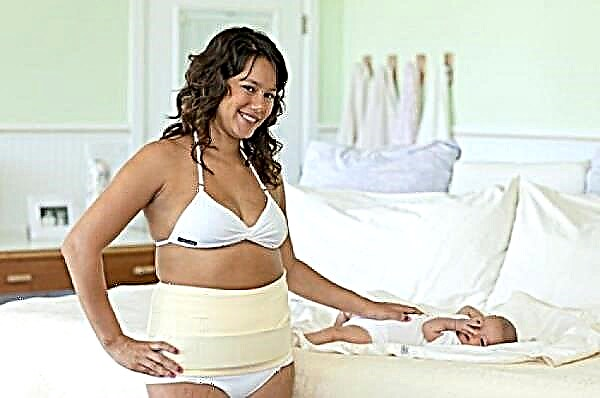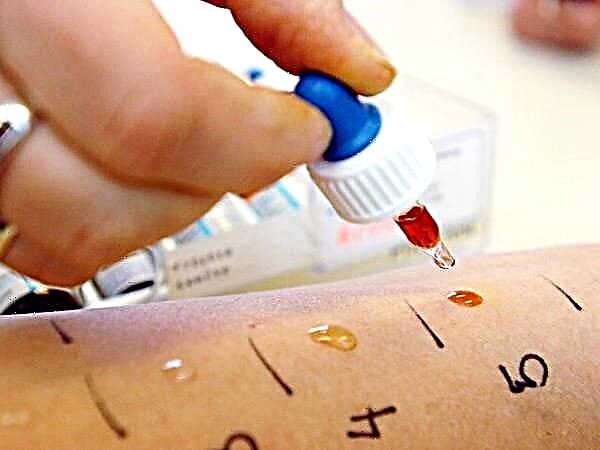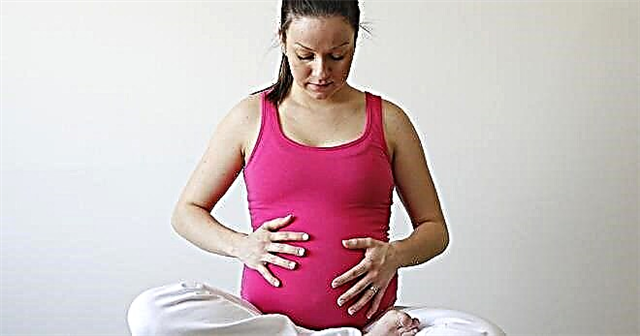
Non-steroidal anti-inflammatory drugs can be called one of the most demanded medicines, because all people face fever, pain or inflammation, sore throat. "Nimesulide" is a representative of the group of these drugs and is often prescribed for adults. This Russian-made medication is cheaper than analogues and copes well with severe pain and inflammation. However, not everyone knows whether "Nimesulide" is suitable for children.
Release form and composition
A medicine with this name is available only in tablet form. These are usually small, round, light yellow tablets, packaged in 10, 20 or more pieces in one package. Their main component is called exactly the same as the drug itself - nimesulide. Its amount in one tablet is 100 mg. As auxiliary ingredients, various manufacturers add microcrystalline cellulose, povidone, talc, lactose and other compounds.
It is important to clarify their list for patients with intolerance in order to avoid an allergic reaction to the drug.


Operating principle
"Nimesulide" is capable of affecting the inflammatory process, increased body temperature and pain sensations, since it prevents the formation of prostaglandins - substances responsible for the development of inflammation, the appearance of painful sensations and fever. The drug inhibits their synthesis, there is an effect on the enzyme called "cyclooxygenase 2". The result of this effect will be a decrease in temperature, elimination of pain and a decrease in the activity of the inflammatory response.

Indications
Since "Nimesulide" is distinguished by a pronounced analgesic effect, most often this medicine is prescribed precisely for pain syndrome. The drug is in demand for acute pain after surgery, in the practice of dentists, for various injuries, for headaches, and so on. Due to its anti-inflammatory effect, Nimesulide is often used for tendinitis, bursitis, arthritis and other inflammatory diseases.
The antipyretic effect of the drug is slightly weaker than its other effects, many manufacturers have removed the febrile syndrome from the indications indicated in the annotation, but it is also possible to use tablets at elevated body temperature.
Are children prescribed?
"Nimesulide" is contraindicated in children under 2 years of age, but in the form of 100 mg tablets is not used until 12 years of age, since one such tablet contains a dose designed for patients over 12 years of age. If you need to give medicine to a younger child (for example, at 6 years old), choose "Nimulide", which is released in the form of a suspension containing 5 ml of 50 mg of nimesulide.
Many mothers are afraid to give children such sweet syrup, because in European countries, nimesulide is prohibited for babies under 12 years old (in any form). Such a ban is associated with a high risk of side effects of the drug - for example, on the liver. However, in our country, children 2-11 years old are prescribed medicine quite often, since pediatricians have not previously noted in their practice any negative effects of nimesulide on the liver, and the antipyretic and analgesic effects of drugs with this active ingredient are quite high.


Doctors (including the renowned pediatrician Komarovsky) say that Nimesulide copes well with fever and pain when paracetamol and ibuprofen are ineffective. To minimize the harmful effects of nimesulide on the child's body, doctors advise resorting to such a medicine only in a situation when an antipyretic agent based on paracetamol or ibuprofen did not give the expected decrease in temperature or did not relieve pain.
In addition, it is worth starting to take the medicine at slightly lower doses than is recommended in the annotation for the suspension or tablets.

Contraindications
The medicine is not used:
- With intolerance to any of its components, as well as an allergic reaction to other anti-inflammatory drugs with a non-steroidal structure.
- With inflammatory or ulcerative pathologies of the gastrointestinal tract, as well as with bleeding from the intestinal wall or stomach.
- For serious kidney, heart or liver disease.
- For problems with blood clotting.
- While taking other anti-inflammatory drugs, anticoagulants, diuretics and some other drugs.

Instructions for use
The drug is swallowed after a meal with water. A child over 12 years old is given 1 tablet twice a day. The duration is determined individually.

Side effects and overdose
During treatment with Nimesulide, you may experience negative symptoms from the digestive system - for example, pain in the stomach or nausea. In rare cases, the medication causes allergies, shortness of breath, swelling, headache, drowsiness, and other symptoms.
If you exceed the dose (for example, give a whole tablet to a child 10 years old or younger), nausea, drowsiness, lethargy, or vomiting may occur. A significant overdose is dangerous for the development of renal failure, gastrointestinal bleeding, arterial hypertension and other conditions that require immediate medical attention. There is no antidote to nimesulide, therefore, symptomatic agents are used in the treatment.


Terms of sale and storage
You can buy "Nimesulide" in a pharmacy only with a prescription. The price of a package of tablets depends on the number of pieces, the manufacturer and varies from 40 to 130 rubles per pack. Keep the medication at home at temperatures below +25 degrees - out of the reach of children in a dry place. The shelf life of the medicine is 3 or 5 years.

Reviews
There are many good reviews about Nimesulide treatment. They confirm the high effectiveness of the tablets for severe pain and praise the medication for an affordable cost. Among the minuses, side effects from the gastrointestinal tract or an allergic reaction are often mentioned. Children are given such a drug less often than analogs in liquid form, but among adolescents it is quite in demand, since it is easy for them to swallow a pill, and the therapeutic effect begins to manifest itself quickly.

Analogs
Instead of "Nimesulide", you can use any other drug with the same active ingredient - for example, "Nise", "Nimulid" or "Nemulex"... Such medicines are presented not only as tablets that must be swallowed, but also in other forms - sachets with granules, suspension, gel, lozenges.
This allows you to select the most suitable analogue, taking into account both the patient's age and the disease. For example, when stretching or bruising, Nimulid or Nise gel is often used. This medicine works at the site of injury to effectively relieve pain, swelling, and redness.
In addition, medications containing diclofenac, paracetamol, ketorolac, or ibuprofen can be substitutes for severe pain, active inflammation, or fever. These drugs include "Panadol", Voltaren, Nurofen, "Ketanov", Efferalgan and other means.
They are produced in rectal suppositories, suspensions, ampoules for injections, tablets, syrup (vials of 100 ml, 150 ml and other volumes) and other forms. However, each of them has its own age restrictions and contraindications, so the choice of any of these drugs for replacement should be made together with the doctor who is caring for the child. He will also tell you about the dosage.
For analogs of the drug Nimesulide, see the following video.



